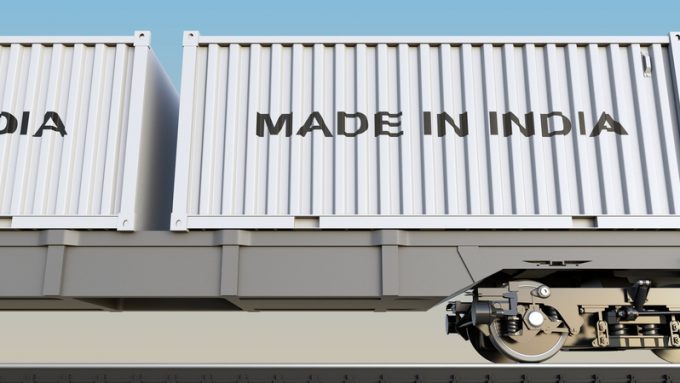India to detain second MSC ship as probe into MSC Elsa 3 sinking continues
Indian authorities have upped the legal pushback against the recent ship fire casualties involving MSC ...

India is set to allow shipping bills of lading (B/Ls) to be filed over a blockchain platform, as part of the country’s efforts to digitise its maritime supply chains.
These efforts have become increasingly urgent as the paper-based administrative processes that accompany container shipping have been ...

Comment on this article
Ago Dermenjian
June 11, 2020 at 8:04 pmThe challenge that needs to be addressed in India is not electronic bills of lading…it’s the archaic No Objection Certificate (NOC). This is a system that requires a shipper/exporter who is facing a breach of contract or default, to have to get permission, in the form of an NOC, from the defaulting party (the importer). It is stupefying that this regulation remains in place in the 21st century and that Indian officials seem totally indifferent to addressing this matter. The NOC needs to be eradicated and removed from being used as an offensive weapon by defaulters.